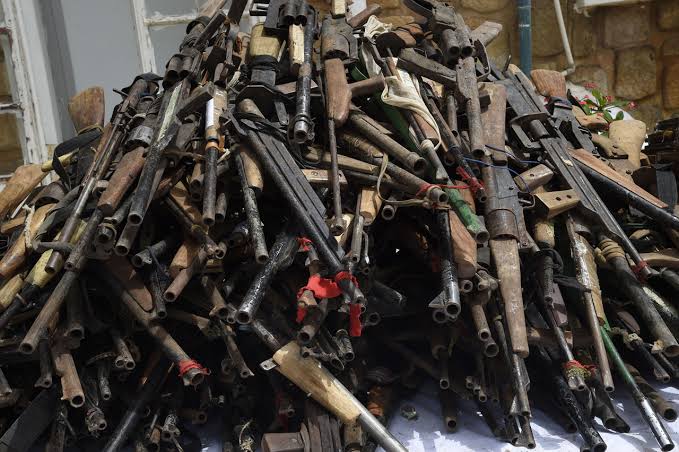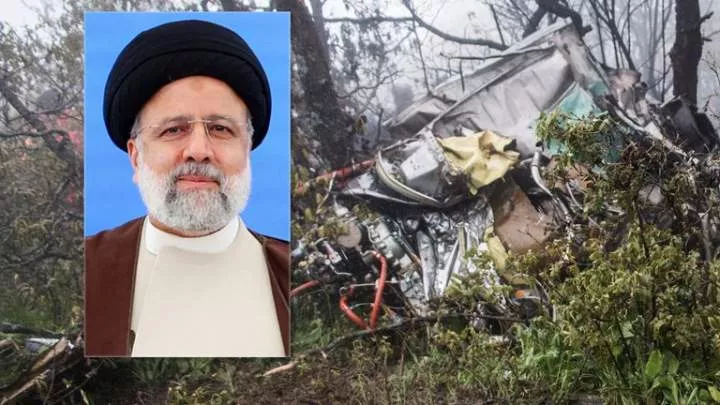INSECURITY; Nigerian Govt raises alarm over Weapon Influx from Libya – Crime Channels

INSECURITY; Nigerian Govt raises alarm over Weapon Influx from Libya
The Nigerian Financial Intelligence Unit (NFIU) has raised alarms about the increasing influx of weapons from Libya, linking this to the ongoing security challenges in the country.
NFIU Chief Executive Officer Hafsat Abubakar Bakari emphasised the need for Nigeria to adapt its Anti-Money Laundering and Counter-Financing of Terrorism strategy to incorporate the private sector for effective results.
Bakari shared these concerns during a roundtable discussion organized by the Centre for International Private Enterprise in Washington D.C. She noted that Nigeria is facing significant internal security issues, including banditry and kidnapping linked to terrorism, exacerbated by the flow of arms from Libya.
In her remarks, Bakari stressed that Nigeria requires sustainable solutions rather than temporary fixes to combat terrorism.
She highlighted the progress made in strengthening the country’s AML/CFT framework and the initiatives undertaken by the NFIU and other stakeholders to safeguard the financial system against abuse by money launderers and criminals.
While affirming the political will and support for the NFIU’s mandate, she called for institutional backing and assistance from the international community in the fight against terrorism and financial proliferation in the Sahel and Lake Chad region. Bakari announced the revival of a Joint Task Force aimed at tackling terrorism financing in the Sahel, with member states set to meet in Abuja later this month to sign a memorandum of understanding.
“We do not need stopgap measures in our fight against terrorism; we need sustainable solutions and your help to achieve them,” Bakari stated.
Additionally, the NFIU delegation met with Ms. Oge Onubogu, Director of the Africa Program at the Wilson Center, on October 1.
They discussed collaborative efforts to enhance recognition of Nigeria’s significant reforms among key stakeholders in both the U.S. public and private sectors.





